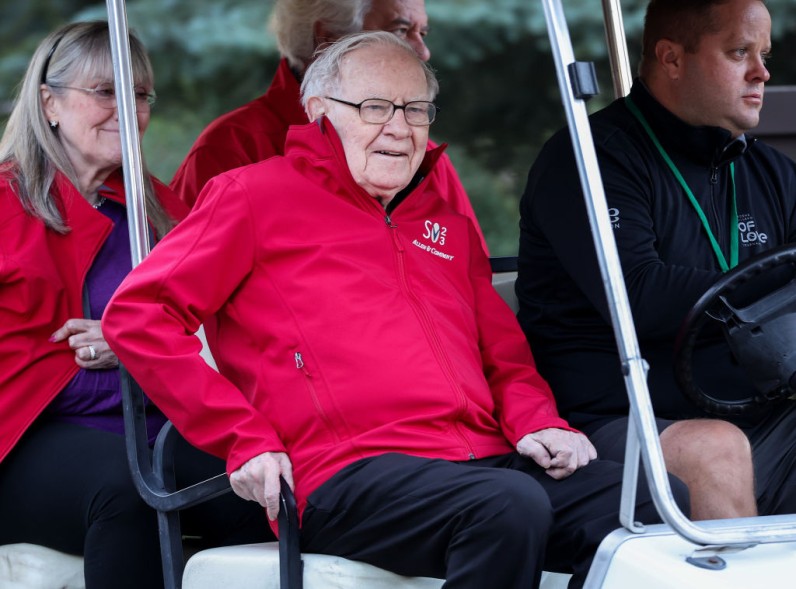
Berkshire Hathaway had its annual shareholder meeting earlier this week, with co-founder, chairman, and CEO Warren Buffett presiding for the first time without long-term business partner and vice chair Charlie Munger, who died last year.
During the meeting, he warned about artificial intelligence (AI) scams, saying that it could evolve into "the growth industry of all time" if left unchecked and unapprehended.
Buffett specifically cautioned shareholders regarding deepfake AI being used for massive financial scams.
VCPost reported this week on an analysis by German cybersecurity consultancy SRLabs regarding a wide-scale fake online shop network allegedly operating from China that stole money and personal data from hundreds of thousands of people in the United States and Europe.
At 93, he has begun dealing with his mortality, cheekily telling the board and shareholders of his hope to still attend next year.
Nevertheless, plans have been in place for the company's senior vice chairman, Greg Abel, to succeed Buffett in the event of his death or resignation, whatever comes first.
Making the Most Out of One's Wealth
Buffett is number eight on Forbes's Real-Time Billionaires list, with a net worth currently valued at $133.4 billion. He is an example of an investor who firmly held to his core financial beliefs, which allowed him to be successful later in life.
Buffett recommended people simplify their investments with a low-cost S&P 500 index fund.
Author of "The Psychology of Money," Morgan Housel, told CNBC in a 2022 interview that Buffett earned most of his current wealth at 65, saying that no one would have ever heard of him if he had retired at that age.
Buffett's fortune grew because of his early start in the market at the age of eleven. He is known for his rigorous and comprehensive approach to investing, particularly in undervalued stocks from respected companies. Investing in equities over the long run and taking advantage of compound interest resulted in consistent growth.
Meanwhile, Your Mental Wealth Advisors behavioral finance expert Bradley Klontz told CNBC that Buffett's choice of investing early paid off because of compound interest, stressing that people should do so as early as possible to avoid a hard time catching up.







Join the Conversation